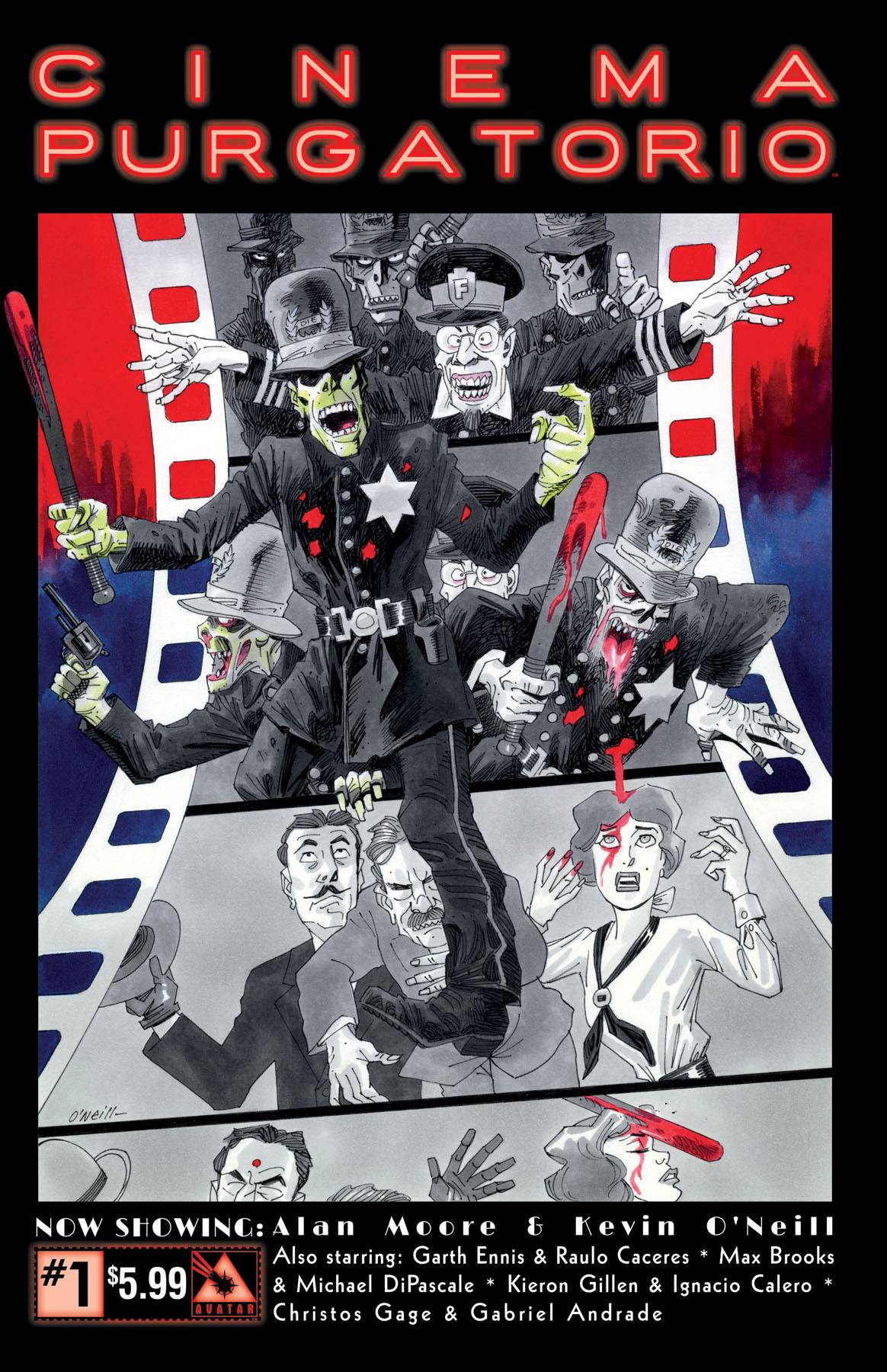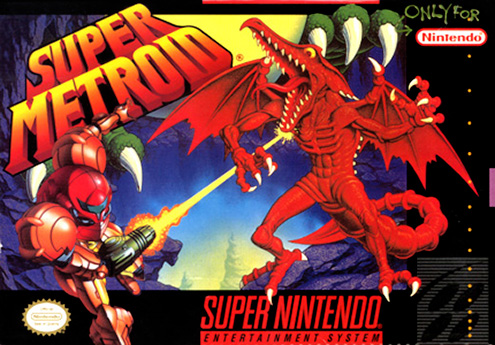Neoreaction, Rationalism, and Eliezer Yudkowsky
 Last War in Albion this afternoon.
Last War in Albion this afternoon.
So, there’s been a line of complaint about Neoreaction a Basilisk (my new book, currently funding on Kickstarter) that accuses it of being an attempt to slander “rationalism,” and specifically Eliezer Yudkowsky, by linking them to neoreaction. And of being part of a communist propaganda campaign to this end. It’s not.
This weird theory mostly been pushed by a guy who blogs under the name nydwracu who’s active in both circles, which highlights the irony of the complaint(though he’s been pushing it on social media, not that blog) I’ve sent him a preview copy, so he can at least trash talk it honestly now. Of course, he’s a white nationalist, and we know how good they are at intellectual honesty.
All the same, it’s a serious enough concern that I want to address it, if only because it’s a concern Yudkowsky himself raised while news of the book was first flitting about the aether, and while there are some significant ways in which I do not respect Eliezer Yudkowsky, he seems a nice bloke, and I genuinely don’t want to cause him any distress. So allow me to say with absolute explicitness: Eliezer Yudkowsky is not a neoreactionary. He repudiates the philosophy in explicit terms. He has shown no sympathy for and ative hostility to its most noxious beliefs. If I have ever suggested otherwise, I apologize profusely for the infelicity of writing, and if it is possible to edit the text in question I will do so.
That said, this has also been read as an attempt to smear “rationalism,” and that’s a subtler thing worth unpicking. First of all, I want to be clear that the book’s topic is complex, and is not an equation of all of the elements within it. To nick an analogy someone made when defending the book on Tumblr, it’s a book that has Eliezer Yudkowksy and neoreaction in it; it’s also a book that has Frantz Fanon and China Miéville in it. It no more implies that Yudkowsky is a neoreactionary than it implies that Moldbug is a socialist or Nick Land is black. This is a pretty self-evident principle, and I’m not going to harp on it, but come on guys, be serious.
Still, the book’s title binds together two things – Neoreaction and the word “Basilisk,” which comes from Roko’s Basilisk, a bit of Internet infamy involving Yudkowsky and his website LessWrong. Obviously I’m insinuating something. It’s fair to ask what it is. To some extent the answer has to be “read the damn book,” of course; I’m trying to make a living here. But we can talk about this without undue spoilers, so let’s do so. To frame the question in a way that makes complete sense given my past work, what the fuck do I have against Eliezer Yudkowsky?
After all, he is in many regards the odd man out in Neoreaction a Basilisk. That I would take a pop at Mencius Moldbug, a neo-fascist nutjob two doors down from Vox Day, is easy enough to understand.…

 A-Force #5
A-Force #5 Thanks to all who have been making the Kickstarter for Neoreaction a Basilisk such a success – at $4469 right now, and happily plugging along towards “Theses on Trump.” Here’s a third excerpt from the main book, as we digress into another discussion of red pills and the notion of “pwning” a person, as in Moldbug’s multi-part essay “How Dawkins Got Pwned” before, inevitably, arriving at Hannibal Lecter. As always, if you enjoy,
Thanks to all who have been making the Kickstarter for Neoreaction a Basilisk such a success – at $4469 right now, and happily plugging along towards “Theses on Trump.” Here’s a third excerpt from the main book, as we digress into another discussion of red pills and the notion of “pwning” a person, as in Moldbug’s multi-part essay “How Dawkins Got Pwned” before, inevitably, arriving at Hannibal Lecter. As always, if you enjoy,  So that’s that, then; we’re safe. Nemesis contained in a singular, defined terrain, the rest of creation free for our joyously innocent explorations. Oh boy, we’ve even got a good game up next,
So that’s that, then; we’re safe. Nemesis contained in a singular, defined terrain, the rest of creation free for our joyously innocent explorations. Oh boy, we’ve even got a good game up next,